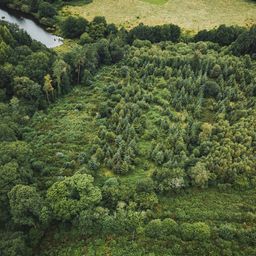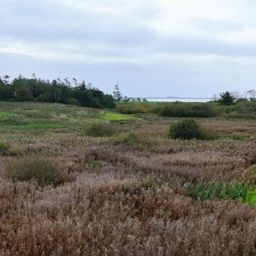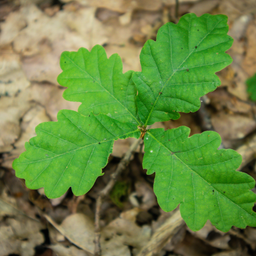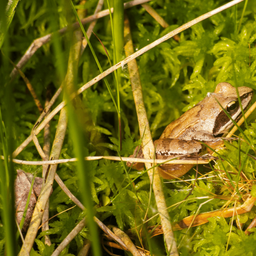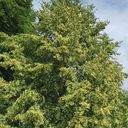
Large-leaved linden: Uses and characteristics
The Large-leaved linden is valued for its contribution to biodiversity, its wood for handicrafts and its medicinal flowers, making it a cultural, ecological and aesthetic pillar of the European landscape.
Large-leaved Linden
The Large-leaved linden (Tilia platyphyllos) is a majestic tree native to Europe and Western Asia, renowned for its longevity and its place in history and tradition. Appreciated since ancient times, it was often planted in public squares and monastery courtyards for its generous shade and soothing properties. The Greeks and Romans were already using its flowers for their medicinal virtues, in particular to calm anxiety and promote sleep. Today, this tree is appreciated not only for its beauty, but also for its uses in phytotherapy. A symbol of peace and conviviality, the lime tree continues to occupy a special place in Europe's cultural and natural landscape.
Why does EcoTree plant Large-leaved linden?
From an ecological point of view, Large-leaved linden is a species that is invaluable for biodiversity: its nectar-rich flowers attract a wide variety of pollinators, particularly bees, contributing to the health of forest ecosystems. In addition, its dense foliage produces nutrient-rich litter that improves soil quality, encouraging the growth of other plant species.
This tree is also resilient to climate change, as it tolerates a wide range of environmental conditions and can adapt to a variety of soils. In forests, it plays an important role in combating soil erosion thanks to its deep and extensive root system.
Large-leaved Linden - Overview
Large-leaved Linden - Overview
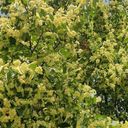
Large-leaved Linden - Species requirements
The Large-leaved linden prefers a sunny to partly shady spot. It tolerates partial shade, but good light encourages optimum growth and abundant flowering.
It thrives in deep, well-drained soil rich in organic matter. A cool soil is ideal, as it is sensitive to prolonged drought.
Tilia platyphyllos thrives in temperate climates with regular rainfall, but can suffer in areas that are too arid.
The Large-leaved linden is generally hardy, but can be subject to certain pests such as aphids and mealy bugs, which secrete honeydew that is attractive to ants. Heavy attacks can sometimes lead to the development of fumagine (a black fungus).
Large-leaved linden's Wood
Its wood is light, soft and easy to work, yet relatively uniform. Its fine, smooth grain makes it easy to saw, turn and polish.
The wood of Large-leaved linden is white to pale yellow in colour, giving it a neutral, versatile appearance.
Lindenwood is particularly prized by sculptors and engravers for its softness and even grain. It can be used to make fine furniture, boxes, caskets and decorative accessories.
It is also used in the manufacture of certain string or wind instruments for specific parts requiring a light wood. Its soft acoustics make it useful for components such as soundboards and instrument bodies.
Finally, because of its homogeneous, light-coloured fibre, the wood of Large-leaved linden can be used to produce high-quality pulp.
Large-leaved linden's symbolism
In Europe, particularly in Germanic and Slavic cultures, the Linden tree was often planted in the centre of villages. It was used as a meeting place for assemblies, festivals and ceremonies. Its welcoming shade symbolised peace and protection.
Because of its heart-shaped leaves, the Linden tree is often associated with love, tenderness and fidelity. In Greek mythology, it is linked to the story of Philemon and Baucis, a pair of lovers who, for their mutual devotion, were transformed into two intertwined trees, one of which was a Linden tree. Give your other half a Large-leaved linden for Valentine's Day !
Our selection of trees
Our goal is to enable anyone to do something that benefits nature and helps us to live in a more harmonious world. So why not become a tree owner in a European forest and help combat climate change?
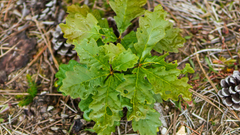

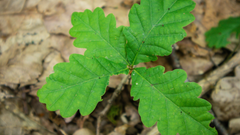

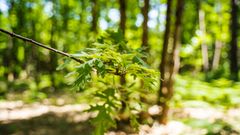

Please note that this is promotional communication. See our notice of information.
